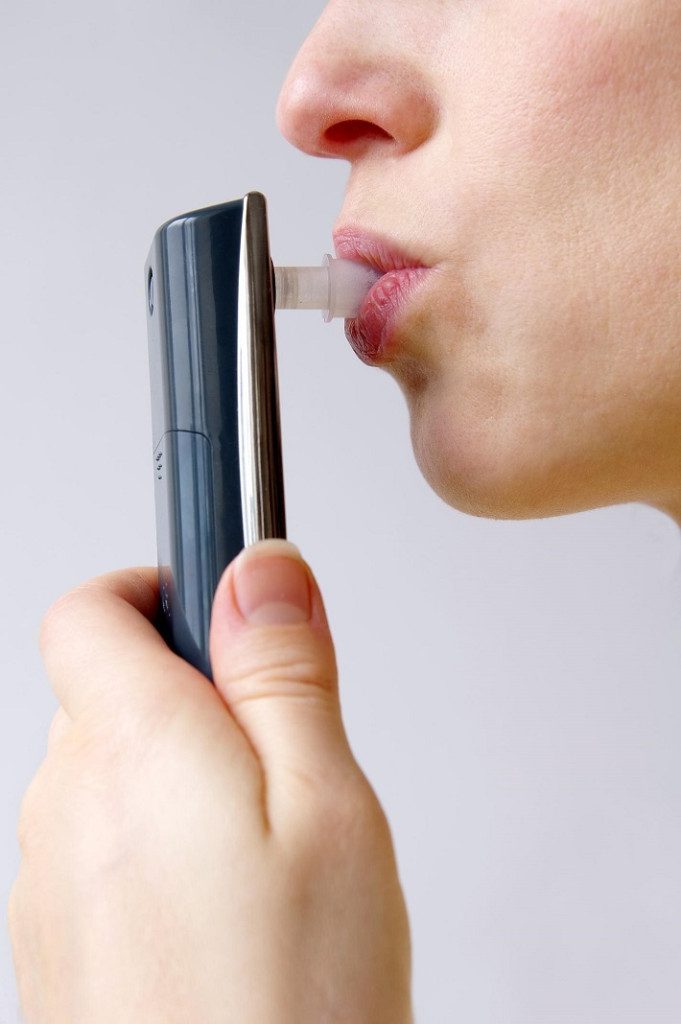Third DUI Penalties in Virginia
 If you are convicted of a third – or subsequent – charge of driving under the influence of alcohol or drugs, the penalties and other consequences to your life are far greater than a first or second offense. Third-conviction penalties are extremely harsh, beginning with the fact that it is no longer a misdemeanor. Instead, DUI (3rd or subsequent offense) rises to a class 6 felony. And three DUI convictions on your criminal record will trigger alarm bells with employers, the Department of Motor Vehicles (DMV), and the Commonwealth of Virginia’s legal community.
If you are convicted of a third – or subsequent – charge of driving under the influence of alcohol or drugs, the penalties and other consequences to your life are far greater than a first or second offense. Third-conviction penalties are extremely harsh, beginning with the fact that it is no longer a misdemeanor. Instead, DUI (3rd or subsequent offense) rises to a class 6 felony. And three DUI convictions on your criminal record will trigger alarm bells with employers, the Department of Motor Vehicles (DMV), and the Commonwealth of Virginia’s legal community.
Third DUI Within 10 Years
If your third – and all subsequent – DUI/DWI conviction is within ten years of your second, this felony may result in a term of incarceration of one to five years.. The court does have discretion to sentence you to up to 12 months in jail in lieu of time in prison, but that will depend on several factors, such as the amount of time since your second conviction, your blood alcohol content (BAC), and any other circumstances surrounding your latest case – and possibly those surrounding your previous convictions. The court will look to the Virginia Sentencing Guidelines for guidance in determining an appropriate sentence if sentenced by a judge. The fine can also be as high as $2,500 with a mandatory minimum of $1000.
Third DUI Within 5 Years
But if both prior convictions occurred less than five years before your third offense, the mandatory minimum sentence is at least six months in jail (of a one- to five-year felony prison term) and a fine of at least $1,000, with the fine amount potentially reaching as high as $2,500.. Again, the court may sentence you to up to 12 months in lieu of prison time.
Involuntary Manslaughter or Maiming
If an person is convicted of a second or third DUI, and has a prior conviction of involuntary manslaughter or maiming in any previous DUI case, they automatically receive the class 6 felony conviction and face one to five years in prison –with a mandatory minimum term of incarceration of one year– and a fine of at least $1,000.
Administrative Penalties
In addition to the criminal penalties of a third DUI conviction, the following administrative penalties are also assessed once a conviction is rendered:
- Indefinite license suspension, though the driver may petition the court for reinstatement after a given period of time
- If the license is reinstated, which is far from automatic, then an ignition interlock device is required for a period of time. The terms of an license reinstatement are determined by the Circuit Court judge listening to the reinstatement petition, and they are typically quite burdensome, including additional alcohol treatment, a lengthy period of ignition interlock, and driving restrictions.
Effects of Felony Conviction Are Devestating and Long-Lasting
Convicted felons in Virginia lose certain constitutional rights and privileges. They may not vote, serve on a jury, hold public office, possess a firearm, or serve as a notary public. Their civil rights may only be restored by the Office of the Governor of Virginia, but they must wait three to five years after release from prison or the completion of their probation (if the latter applies). Convicted felons may not possess or transport firearms. And if they are caught and convicted of possessing firearms, the face an additional felony conviction and potential minimum periods of incarceration.
If any driver under 21 has a BAC of 0.02 or higher, then he or she will still be found guilty of driving after illegally consuming alcohol. But upon a third conviction, the underage driver receives the same penalties as an adult. This means a felony conviction: very high fines and a prison (or jail) sentence of at least 90 days to six months and possibly as high as five years.
An Experienced Virginia DUI Lawyer Can Help
If you are charged with a third DUI, it is imperative that you discuss these charges – and their ramifications – with a seasoned DUI defense attorney who has experience defending those charged with felonies. This is very serious business, and you are encouraged to contact the lawyers at our firm for a free case evaluation. There are effective defenses available to even third-time DUI suspects depending on the unique facts and circumstances of your case, and an experienced DUI defense attorney puts your rights and liberty in the best possible hands. Your freedom and livelihood are hanging in the balance, trust our attorneys, we are here to help.







